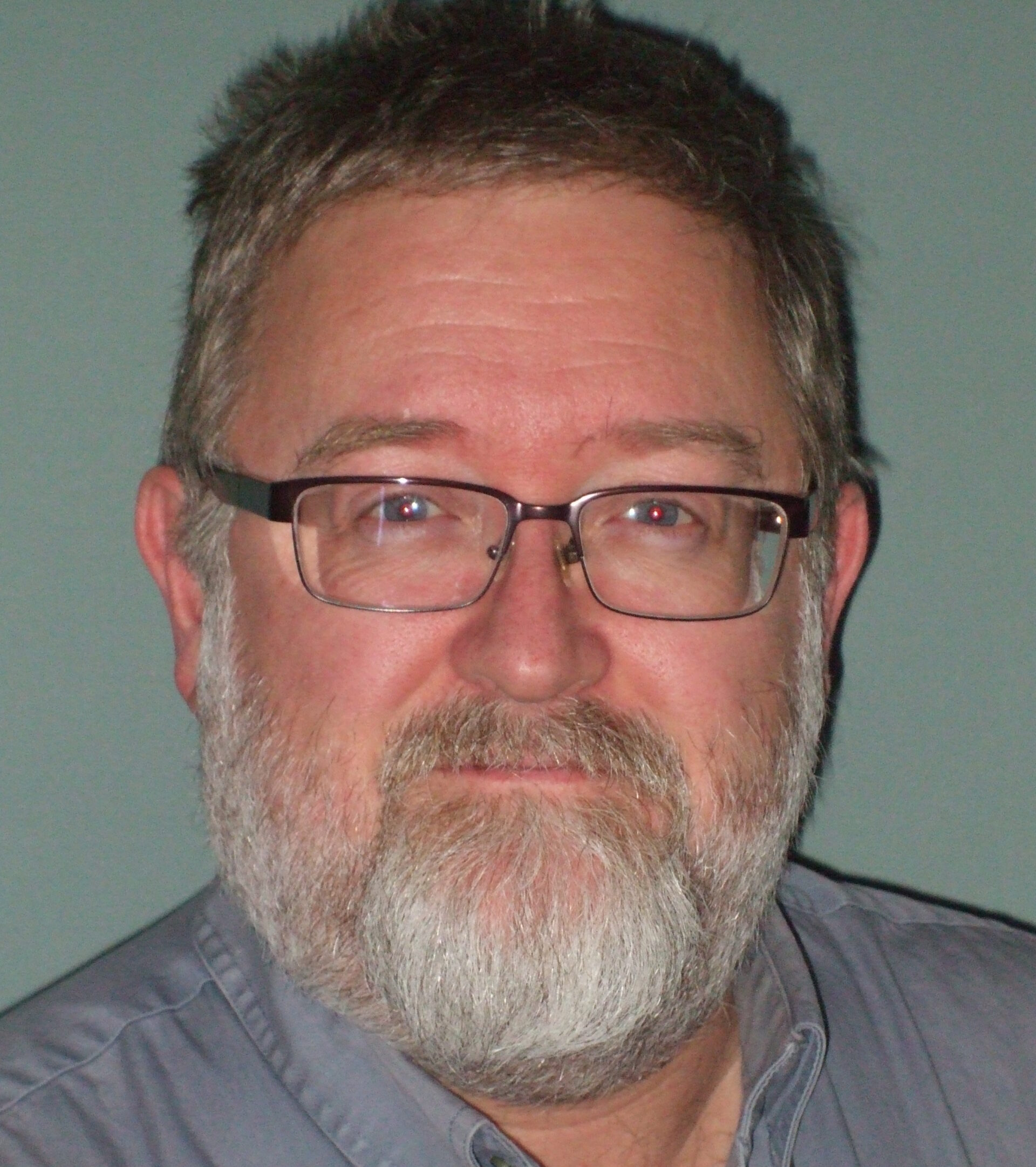
There have been times in my life when I was faced with situations that called into question who I was. These periods of confusion, suffering and difficulty prompted me to look for answers.
I was asking myself a lot of questions and reproaching myself for not having done my best, for having been weak and not having had the strength and faith to face up to these obstacles. I asked myself what I should do. Am I capable of facing the obstacles, or should I turn and run away? Do I blame myself or others?
This way of reacting to similar situations had become a troubling and repetitive habit. Even today, I have to remain aware of these automatisms. Aware of this tendency, I decided about ten years ago that it was time to embark on a process of personal spiritual and mental healing. Among other things, this research revealed that I was a compassionate person who wanted to help others. I pursued this discovery and began training in spiritual care.
My training period was very enriching, and I was able to recognise parts of myself that I didn’t know. One concept in particular was an epiphany. I was struck by the idea that every human being is animated by an indispensable presence, unique to each of us. I identify it as a ‘Burning Ember’; an ember that strengthens and stimulates the life of each person.
This source of life within the person was not a foreign concept to me, but what was unique was that the burning ember had a more universal significance. My Christian beliefs taught me that the soul is the presence of God within me, but I wondered what existed in those who did not share this belief. What drives a person who has no religious tradition or who doesn’t believe in a higher power?
Convinced that everyone has a source of life within them that they can draw on to get them through difficult times, I’ve come to understand that every human being has a part of themselves that makes them tick. It’s a deep and essential part of being human that gives us life and our reason for being.
As a provider of spiritual care, I have a responsibility to accompany people on their journey. But how can I encourage them to discover their Burning Ember? Religious or not, a person’s spirituality exists. Atheists have told me that what gives them life and strength is nature, the universe, love and compassion.
A lit ember is needed to start a fire. That fire needs nourishment to grow and give life. The human spirit is no different. Once we have discovered our own burning ember, we need to feed it. We need to feed the fire so that it becomes bigger than the obstacles in front of us.
But it seemed to me that the concept of the Burning Ember was incomplete. What could stimulate a person to seek it out? If we believe that our lives are happy, serene and peaceful, why would we need to look for it? My training in spiritual care and my own experience of suffering gave me the beginnings of an answer.
It’s in moments of distress, sadness, fear and loss of control over our lives that people start to wonder how they’re going to get through. I call these moments “sparks”. A “spark” is what triggers the need to look for what gives us the ability to heal through suffering.
No one seeks or wants to suffer. We suffer in many ways, physically, emotionally, mentally and spiritually. It’s part of our lives. It’s inevitable, but suffering doesn’t have to be purposeless. Suffering can be the spark that prompts us to seek our centre, our burning ember. Once discovered, a fire can ignite our being and grow stronger, bringing with it the courage and life needed to overcome obstacles.
I’m always impressed by the strength and courage shown by people who are prepared to use their own inner fire to grow despite the obstacles. It’s a humbling experience.
All human beings are created for life. I’m also convinced that every person possesses this fundamental strength, this ember that lights the fire of life. I also believe that suffering, although painful and sometimes debilitating, can lead us to seek our own personal truth. The journey is neither simple, 10 Photo: Marek Piwnicki nor easy, nor immediate. But when a person is accompanied by someone who assures them of their presence, their listening, compassion and their support, it is possible to overcome and prosper. For me, this is the primary mission of spiritual care.






